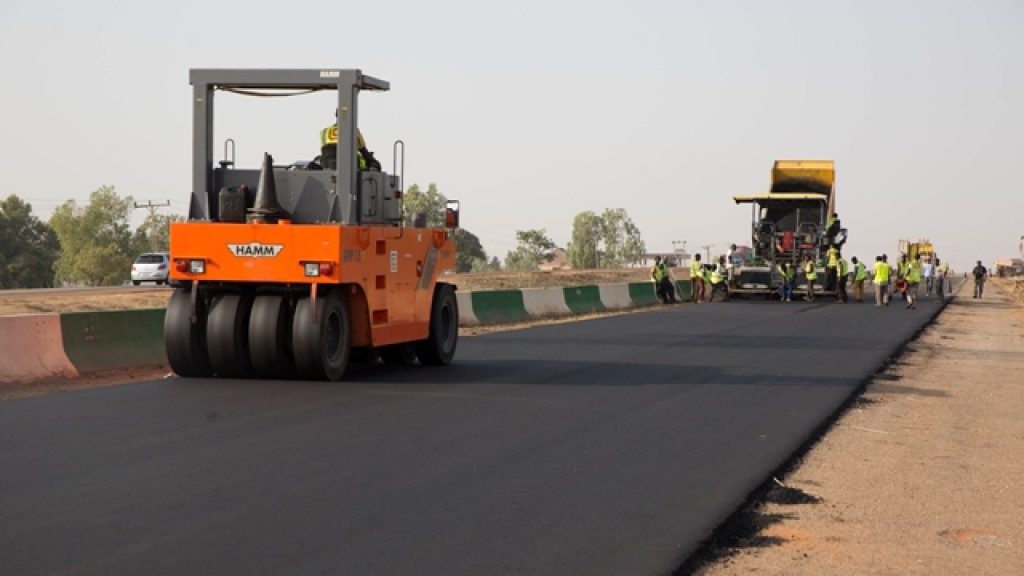The Nigerian Government has decided to alter the realignment of the Lagos-Calabar Coastal Highway due to concerns regarding submarine cables along the coastline, deemed critical for national security.
The Minister of Works, David Umahi, announced this decision during the 3rd Stakeholders Meeting in Lagos, confirming the complete diversion from the Okun-Ajah community in Eti-Osa Local Government Area of Lagos.
Umahi stated that the route would be completely diverted away from the Okun-Ajah community, reconnecting at kilometre 25.
Telecommunication operators had earlier urged the government to engage in proper mapping and relocation of submarine cables laid beneath the earth’s surface along the Lagos axis of the proposed coastal road.
These cables, including SAT-3, MainOne, Glo 1, WACS, and ACE, originating from Europe with landing stations in Lagos, risk damage if not rerouted before construction begins on the Lagos-Calabar coastal road.

According to the Minister, “to solve MTN 2Africa, Okun Ajah community, we are diverting completely from the new alignment, from the old alignment and we are rejoining back to our new alignment at kilometre 25. Congratulations.
“There is no change of alignment; we are following the gazetted alignment. There would, however, be realignment at Okun Ajah area of the state by 25 kilometres to avoid damaging submarine cables.”
Umahi clarified that the Environmental Impact Assessment (EIA) would not be available at present, citing Section 15 (b) of the Freedom of Information Act to justify withholding certain information from the media and public.
The Lagos-Calabar coastal road project, despite being economically promising, has faced controversy over its cost, considered the highest among President Bola Tinubu’s administration so far.
Construction commenced officially in March 2024, with the first phase initiated near Lagos by Hitech Construction Company Ltd.
Concerns over the lack of approval for the project’s Environmental and Social Impact Assessment (ESIA) persist, although Umahi disclosed preliminary ESIA approval, enabling project commencement.
The Federal Ministry of Environment, responsible for issuing ESIA for projects, has confirmed granting preliminary approval for the project’s EIA. Hence, concerns regarding the ESIA have been addressed by Section 15 (b) of the Freedom of Information Act, as cited by Umahi during the stakeholders meeting.


